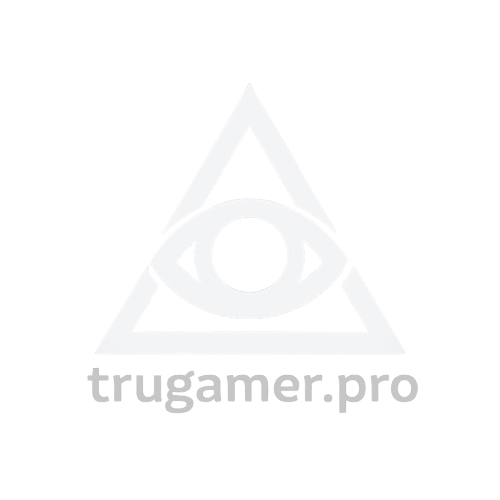Nintendo just dropped a surprise that mixes 1990s nostalgia with cutting-edge tech. In a special Nintendo Direct, the company revealed Virtual Boy Switch, a fully modern VR headset built to work with the entire Switch family of systems and scheduled for a Holiday 2026 release.
Name Loaded with History
The original Virtual Boy of 1995 is legendary for all the wrong reasons: harsh red graphics, a heavy headset, and a lack of killer apps. It sold fewer than a million units and became shorthand for Nintendo’s rare missteps. By reviving the name, Nintendo is signaling that it’s ready to turn past failure into future advantage. Company president Shuntaro Furukawa even called it a “second chance for a dream that was ahead of its time.”

Hardware: Switch-Friendly, Next-Gen Visuals
Nintendo confirmed that the new headset uses dual 2.1-inch micro-OLED panels at 2048×2048 per eye, running at 90 Hz. Those specs place it near the current high end of standalone VR devices. The unit supports both wired docking—sliding a Switch or Switch OLED directly into the headset—and wireless streaming for untethered play. The form factor is described as lighter than a Meta Quest 3, with a balanced strap system and built-in spatial audio. Battery life is estimated at 4.5 hours, matching the upper range of Switch handheld play.
VB Sticks: New Motion Controllers
Alongside the headset, Nintendo announced VB Sticks, a fresh take on the Joy-Con concept. Each controller uses inside-out tracking with infrared depth sensors, improved HD Rumble, and a trigger layout reminiscent of the GameCube WaveBird. They pair over the same low-latency protocol as existing Joy-Cons, ensuring cross-compatibility with traditional Switch titles.
Games: From Classics to All-New Experiences
Nintendo teased a first wave of games that blend its classic franchises with VR design:
Mario Kart VR Circuit – full 360-degree racing with motion steering and power-slide haptics.
Metroid Prime VR: Phazon Echoes – a standalone chapter built in Unreal Engine 5, emphasizing exploration and environmental storytelling.
Virtual Boy Classics Collection – modern remasters of cult favorites like Red Alarm and Mario’s Tennis, now in vibrant color.
Pikmin Bloom VR – a hybrid AR/VR garden experience that interacts with real-world time.
Third-party partners are already on board, including Capcom with a Monster Hunter VR Hunt demo and Bandai Namco exploring VR Taiko no Tatsujin.
Pricing and Availability
Nintendo set a $349 USD starting price, with bundles that include the VB Sticks likely to land closer to $399. Preorders open mid-2026, with a global launch planned for late November.
Market Position and Strategy
This marks Nintendo’s first serious VR hardware since the Labo VR Kit of 2019 and its most ambitious since the ill-fated Virtual Boy. By leveraging the 130-million-plus Switch install base, Nintendo is aiming for a “hybrid” ecosystem: one headset that works for families who already own a Switch without requiring a separate console. Analysts suggest this could give Nintendo an edge in markets where standalone VR headsets remain niche. Industry veteran and former Nintendo of America president Reggie Fils-Aimé commented on social media, calling the move “the ultimate redemption arc,” noting that the company “rarely revisits its past failures—this shows real confidence in VR’s mainstream moment.”
Looking Ahead
Nintendo promises a dedicated “Virtual Boy Direct” in early 2026 with deeper dives into launch titles, developer tools, and cross-platform features. Developers can already request dev kits, and rumors swirl of an SDK that lets existing Switch games add optional VR modes. If Nintendo executes on its promises, the Virtual Boy Switch could turn a once-maligned brand into the centerpiece of a new VR boom. After thirty years, the red glow of the past may finally become a full-spectrum future.




